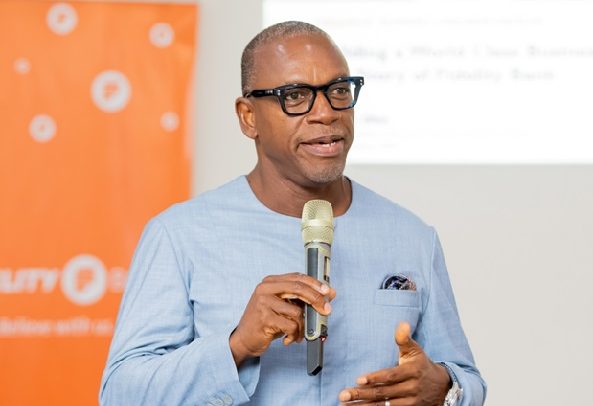
Entrepreneurs have an important role to play, even in the poorest countries, the UN's body for trade has told RFI, as African countries marked Africa Industrialisation Day, Tuesday. In its latest report on Least Developed Countries, the UN urges more investment towards start-ups with a real potential for growth.
"It is very important for policy makers to make the distinction between opportunity entrepreneurs and necessity entrepreneurs," says Rolf Traeger, chief of the LDC (Least Developed Countries) Section of the United Nations Conference on Trade and Development (UNCTAD).
One of the authors of UNCTAD's latest report on Least Developed Countries, Traeger argues that the latter must support dynamic companies that create jobs capable of lifting populations out of poverty.
The selection process however is selective, and excludes peddlers in the street, small vendors, hairdressers. "In most cases they would like to have a job, with a fixed salary at the end of the month," explains Traeger, ruling out this self-employed category.
The ones who should be backed are "those who are motivated by opportunity, who want to grow, who want to have more employees and (...) be dynamic."
Which companies should be backed?
"In sectors which are conducive to the long-term development of the country, such as sectors which are environmentally sustainable, which create lots of jobs (...) where the potential for productivity increase is important, these companies they deserve to be supported," says the UNCTAD boss.
Many small and medium-sized enterprises (SMEs) in developing countries face a classic conundrum when it comes to securing finance. Most constitute the “missing middle,” as they are considered too big for microfinance institutions (MFIs) and too small or risky for traditional finance providers such as commercial banks.
Governments in Least Developed Countries are being asked to step in to plug the gap. Yet with limited resources, there is some scepticism about where they are likely to find the money to support dynamic start-ups.
One source is through tax. "Typically LDCs they have very weak fiscal systems, which means their tax revenues are very low as compared to GDP, so this needs to be reinforced," comments Traeger.
At the moment, governments in countries like Zambia, Tanzania or the Democratic Republic of Congo, shoot themselves in the foot by offering important tax holidays to foreign investors or mining companies. "These tax loopholes need to stop," says Traeger.
Maximizing natural resources
Africa's central question is how to take advantage of its natural resources and the commodity boom that it offers.
The continent holds around 30% of the world's known mineral reserves, including cobalt, uranium, diamonds and gold, oil and gas.
"These are important sources of public revenues, which then should be used in order to foster the development of other sectors and new activities," reckons Traeger.
These sectors include industry and trade to boost regional integration and growth, and ensure that Africa can keep up at the global level.
However, even with abundant resources, Least Developed Countries like Tanzania, are still lagging behind.
"As any development process this does not happen overnight," explains Traeger.
"Policy makers need to have long-term strategies in mind each time they implement different types of economic strategy, or policy," he added.
Recent events in Dar Es Salam where authorities last week deployed the army to buy cashew nuts from farmers to solve a row over prices, illustrate that development won't happen overnight.
Analysts say Tanzanian authorities need to see things in the long term, rather than resorting to knee-jerk reactions. Looking ahead, will help Tanzania, like other least developed countries, to achieve the UN's development goals, this time by 2030, they reckon.


















Facebook
Twitter
Pinterest
Instagram
Google+
YouTube
LinkedIn
RSS